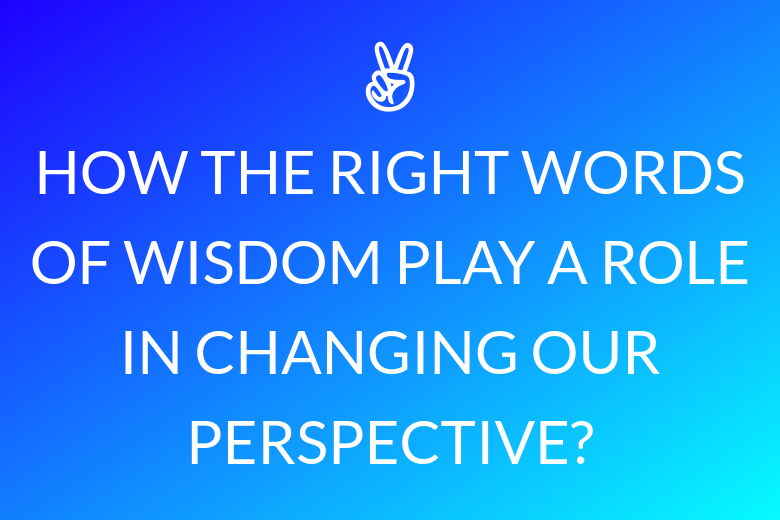MICHAEL POLLAN AND HIS THOUGHTS ON FOOD AND EATING
Food. There is a lot of it, and we all enjoy eating it. It is an integral part of our life and culture that unifies the whole of mankind.

However, the majority of what we consume today is not food, and how we consume it — in the car, in front of the screen, and largely alone — is not eating. Instead of food, we are ingesting “edible food-like substances”. These are modern creations of food technology rather than nature. Many of them are accompanied with marketing strategies dressed as claims of being healthy, which should be our first signal that they are far from healthy. Food has been replaced by nutrients in the so-called Western diet, and rational thinking has been replaced by deception.
The outcome is the American paradox, as described by Michael Pollan himself: “The more we worry about nutrition, the less healthy we seem to become.”
Real food — the kind our great grandmothers would identify as food — needs to be defended. But from whom does it need to be protected? On the one hand, there is the food industry, and on the other, there is dietary sciences. Both stand to profit greatly from widespread misunderstanding over what to eat. This is strangely an issue that people have been able to solve without expert assistance for most of humanity’s history. Despite this, Americans, for example, have not become healthier as a result of the professionalization of eating. Thirty years of government nutritional guidance has only served to make them sicker and heavier, as well as destroy countless meals.
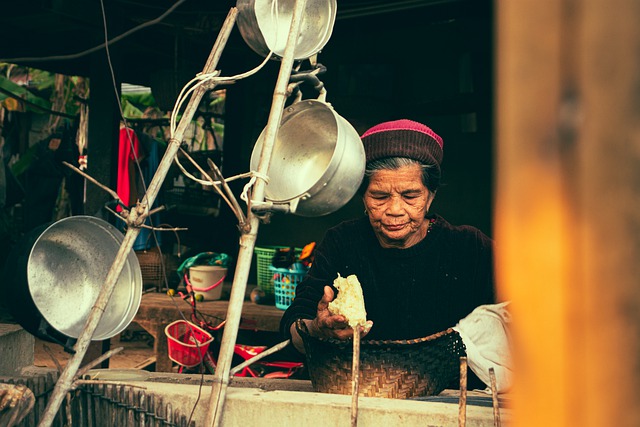
Michael Pollan is an American journalist and author who is renowned for his works on the socio-cultural impacts of food and eating.
He offers a new (yet an age old) response to the dilemma of what we should consume. It boils down to seven basic yet powerful words from one of his works, In Defense of Food: An Eater’s Manifesto: “Eat food. Not too much. Mostly plants.” His another book, Food Rules: An Eater’s Manual, emphasizes this rule with some of his famous words like_,_ “let others sample your food” and “the whiter the bread, the sooner you’ll be dead”.
He strongly opposes the current nutrient-by-nutrient strategy, which he refers to as “nutritionism.” Instead, he recommends an alternate way of eating that is inspired by the traditions and ecosystem of real, well-grown, fresh foods. He claims that our personal wellness is inextricably linked to the health of the food chains in which we participate.
The Botany of Desire
Pollan’s book The Botany of Desire delves into the idea of co-evolution, focusing on humankind’s phylogenetic relationships with four plants — apples, tulips, marijuana, and potatoes — from both human and plant viewpoints. He discusses how each of these plant species is systematically produced, bred, and genetically engineered using case studies that meet the paradigm of four basic human needs. The apple represents the want for sweetness, the tulip represents attractiveness, marijuana represents euphoria, and the potato represents control.
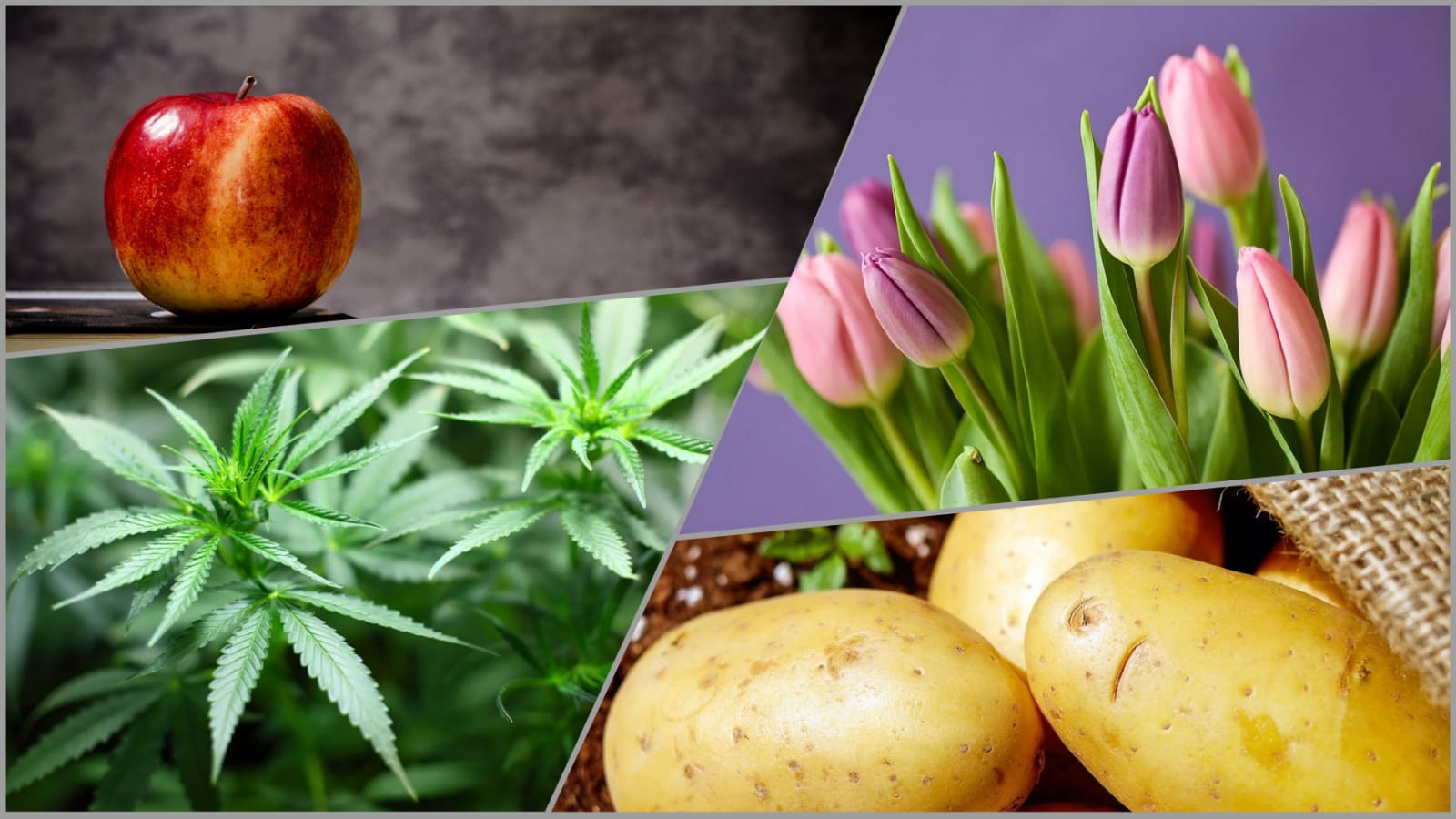
All throughout book, Pollan chronicles his own encounters with each of the plants, which he then weaves together with a thorough examination of their cultural history. Each section focuses on a different aspect of human civilization, or what Pollan refers to as the “human bumblebee.” Pollan’s first-hand studies with advanced marijuana hybrids in Amsterdam, as well as the startling and precedent prospects of genetically altered potatoes, are among them.
The Omnivore’s Dilemma
In his highly acclaimed book, The Omnivore’s Dilemma, Pollan explains four primary ways that human communities have received food: the present industrial system, complex organic operations, local self-sustaining farms, and hunter-gatherers. Pollan examines each of these steps, beginning with a bunch of plants taking in elements of nature and photosynthesizing calories. He then works his way up, progressing through a series of intermediate stages to a meal that we receive on our table. Along the way, he establishes the case that there is a fundamental conflict between the law of nature and the logic of human industry. He suggests that the way we eat constitutes our most intimate involvement with the natural world, and that industrialized eating obscures vital ecological relationships.
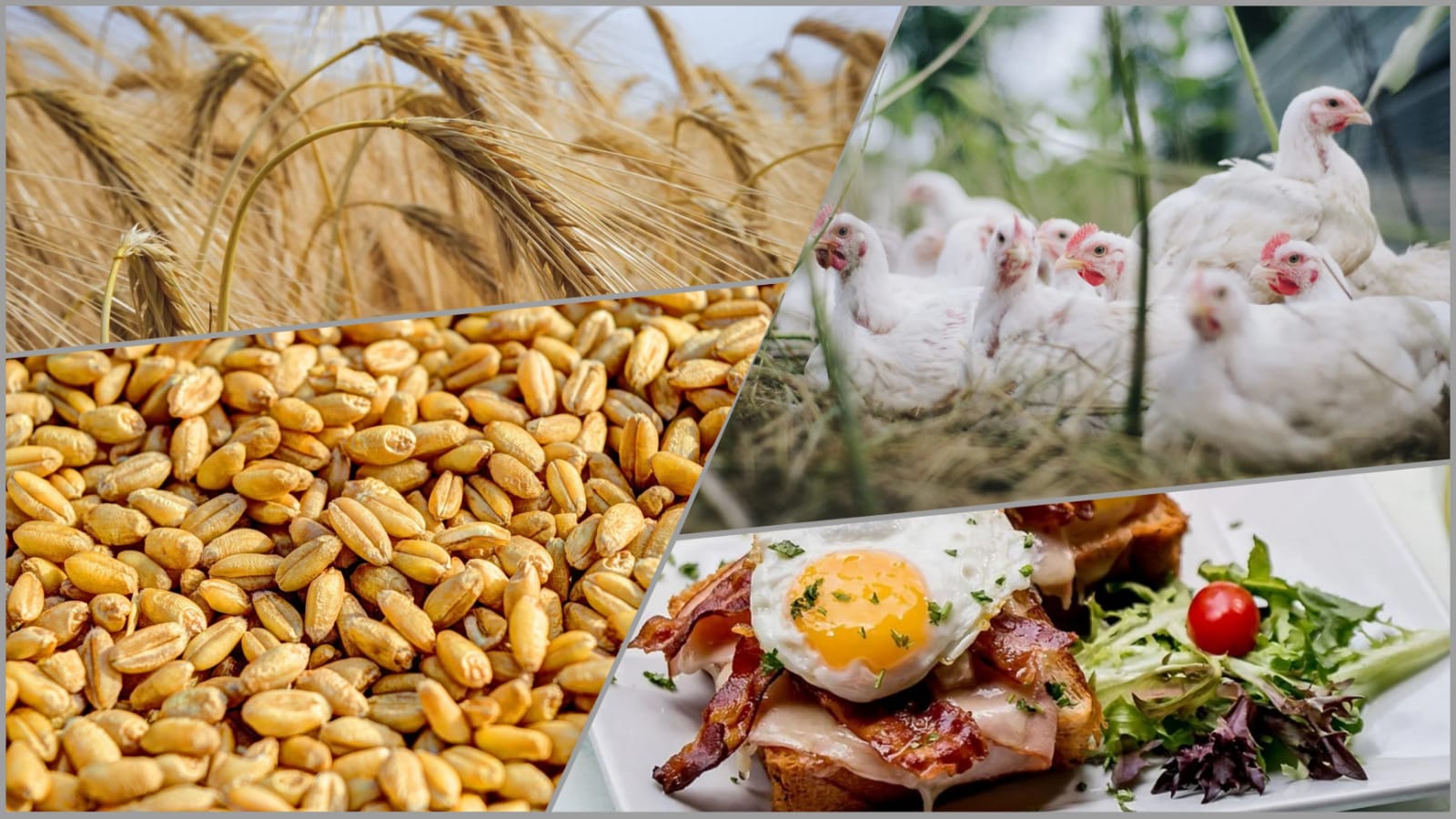
In Defense of Food: An Eater’s Manifesto
In Defense of Food demonstrates how, despite the overwhelming dietary picture that Americans face in today’s supermarkets, we may avoid the Western diet and, as a result, the majority of the chronic diseases that diet causes. We may rediscover which meals are nutritious, acquire easy appetite-control techniques. Eventually, we can restore eating to its correct context – out of the car and back to the table. Michael Pollan’s incisive and lyrical manifesto demonstrates how to begin making intelligent dietary choices that will enhance our lives, broaden our understanding of what it means to be healthy, and restore joy to eating.
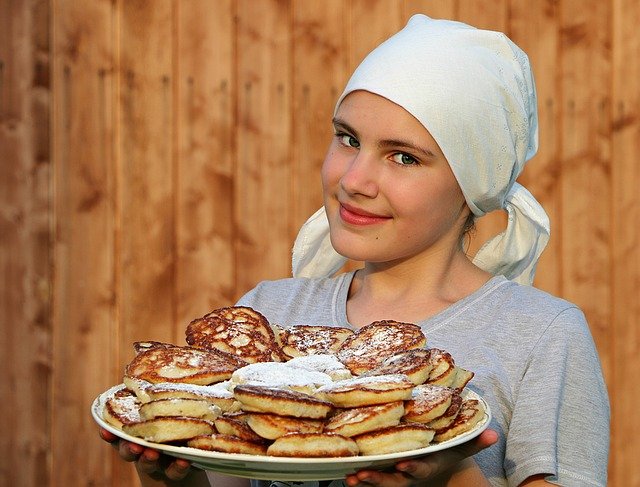
Throughout the book, Pollan challenges the idea that eating is purely for the purpose of promoting health. He also highlights out that this viewpoint is not universal and that cultures who consider food as a source of joy, identity, and sociality may have better health index. He discusses this apparent contradiction by reviewing and then verifying the idea that nutritionism, and thus the entire Western schema, through which we think about food value, is more of a religious and gimmicky worship to the mythology of simple answers than a persuasive and credible conclusion of indisputable science investigation that we often think of it as.
He compares this revelation with the Reformation, saying that: “In the same sense that the Reformation reflected a belief that the way to heaven was through Christ, not through the institution of a single Church, the idea is to let people seek their own dietary salvation.” “The change is going to happen with or without me. Our current way of producing food can’t go on forever, because it’s destroying the system on which it depends.”

The book urges readers to disregard — or at the very least reject — nutrition science and dietary trends that advise us to eliminate fat from our diets, for example. Pollan contends that taking a risk in the direction of pleasure and tradition is preferable. Slow down your eating. Consider spending a little more on the ingredients. Reject items that make health claims about themselves on the packaging. You can either produce them yourself or purchase them fresh at a local farmers’ market. Prepare the meals on your own. Eat at the table, along with your loved ones. Consume foods that your grandmother would appreciate. He claims that it is your relationship with food, not the chemistry, that will benefit you.





